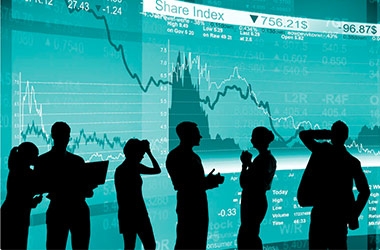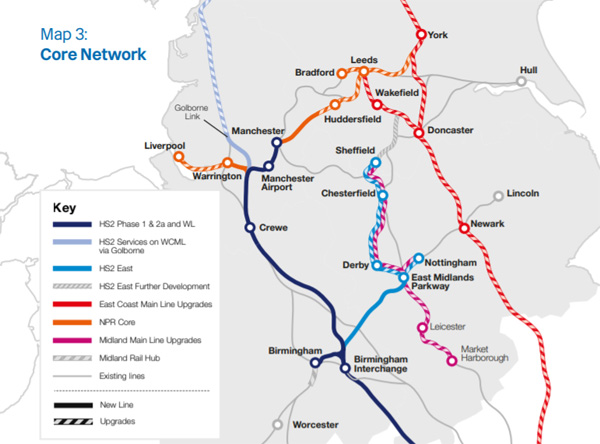
The real cost of economics in a commercial world
2 min read - 30 Aug, 2024This is a rare post about politics, and my observations of the current market.
Kier won, Labour are in power, and it's power to the people and the working class, supposedly. So what does this all mean?
There are a number of changes that have been made, laws are being enforced vigorously, costs are going up, and ceos are being made accountable.
Recently Labour announced to drop VAT exemption on private schools, this makes sense, private schooling is a value add, and for David Cameron and Boris Johnson, I highly doubt that they benefited from the education.
Eton have responded, they will raise fees by 20%.
Ultimately it's part of the economics game, the government are trying to fill the apparent black hole in spending, and as such, the businesses are responding by passing this to the consumer, this has also happened in the water utilities industry.
Labour's realm seems fairly transparent, balance the public purse by hitting those that can afford it, big businesses, whom have a sense of loyalty to their shareholders.
In essence though, these costs are going to be passed on to the consumer, so who is the real winner eventually?
The government balance the books with big businesses, whom in return add the loss into the cost of goods, this ultimately effects the working class the hardest.
The consumer can't pass on their loss, where are we getting the money for all the price rises?
The next budget will be telling, and I'm particularly concerned with ensuring that the working class aren't hit harder than they already are.
Maybe we should call the government to ensure a services price freeze, or at least, a freeze on essentials so people have expendable income after paying for the necessities.


